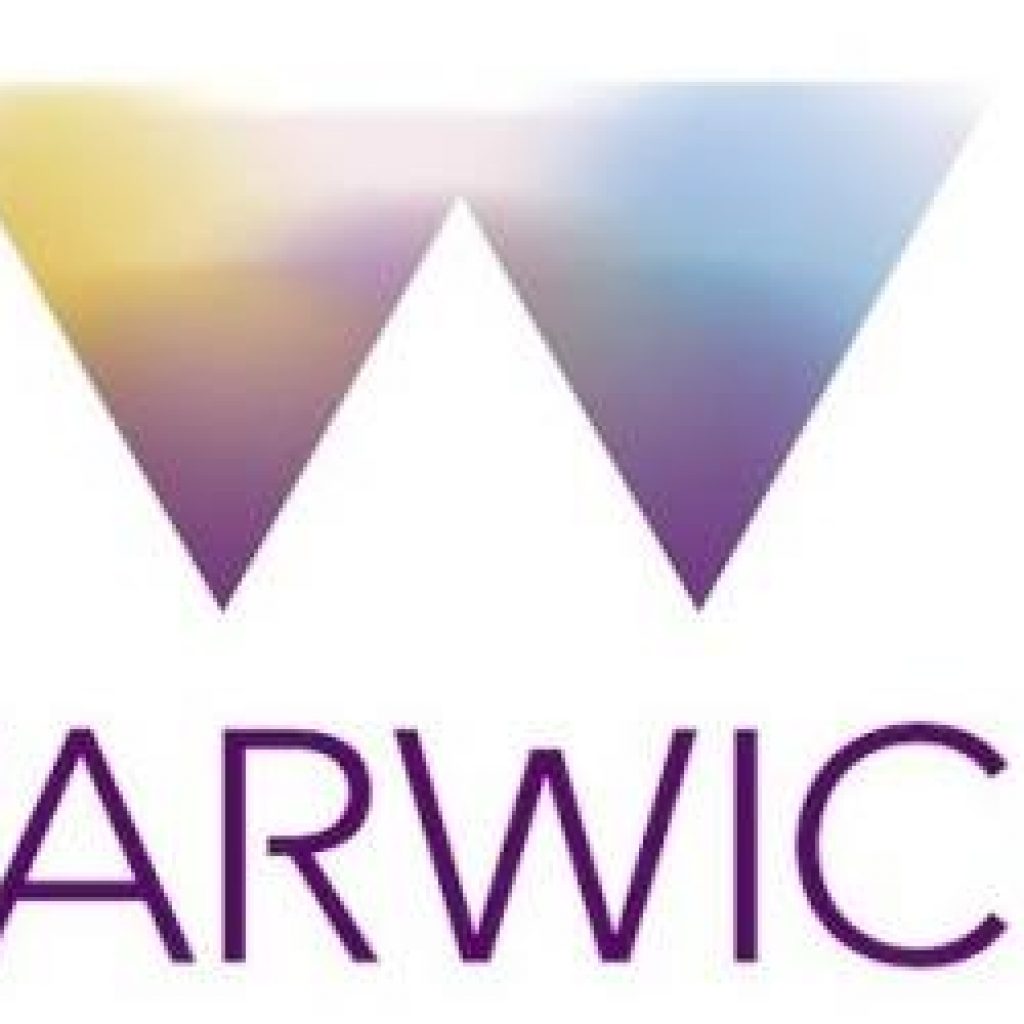(Phys.org) Scientists from the University of Warwick have develop a new test to check if a quantum computer is giving correct answers to questions beyond the scope of traditional computing could help the first quantum computer that can outperform a classical computer to be realized.
Determining whether a quantum computer has produced a correct answer to a difficult problem is a significant challenge as, by definition, these problems are beyond the scope of an existing classical computer. Checking that the answer it has produced is correct typically involves using a large number of classical computers to tackle the problem, something that is not feasible to do as they tackle ever more challenging problems.
Noise Can Affect Quantum Computer’s Results/Answer
Samuele Ferracin, Theodoros Kapourniotis and Dr. Animesh Datta from the University’s Department of Physics have developed a protocol to quantify the effects of noise on the outputs of quantum computers. Noise is defined as anything that affects a quantum machine’s hardware but is beyond the user’s control, such as fluctuations in temperature or flaws in the fabrication. This can affect the accuracy of a quantum computer’s results.
U of Warwick Scientists Develop Test to Check if Quantum Computing Giving Correct Answer to Questions
